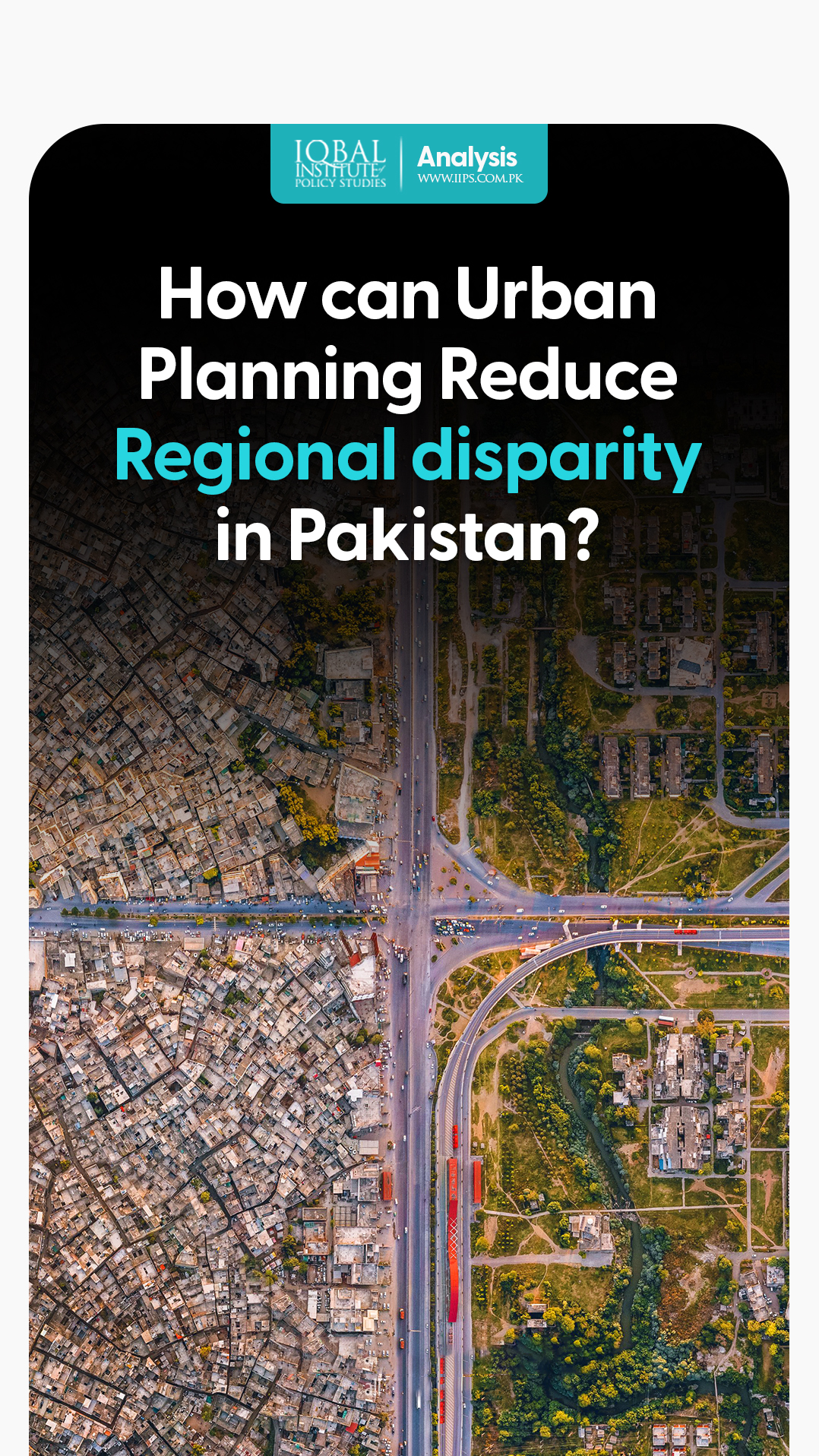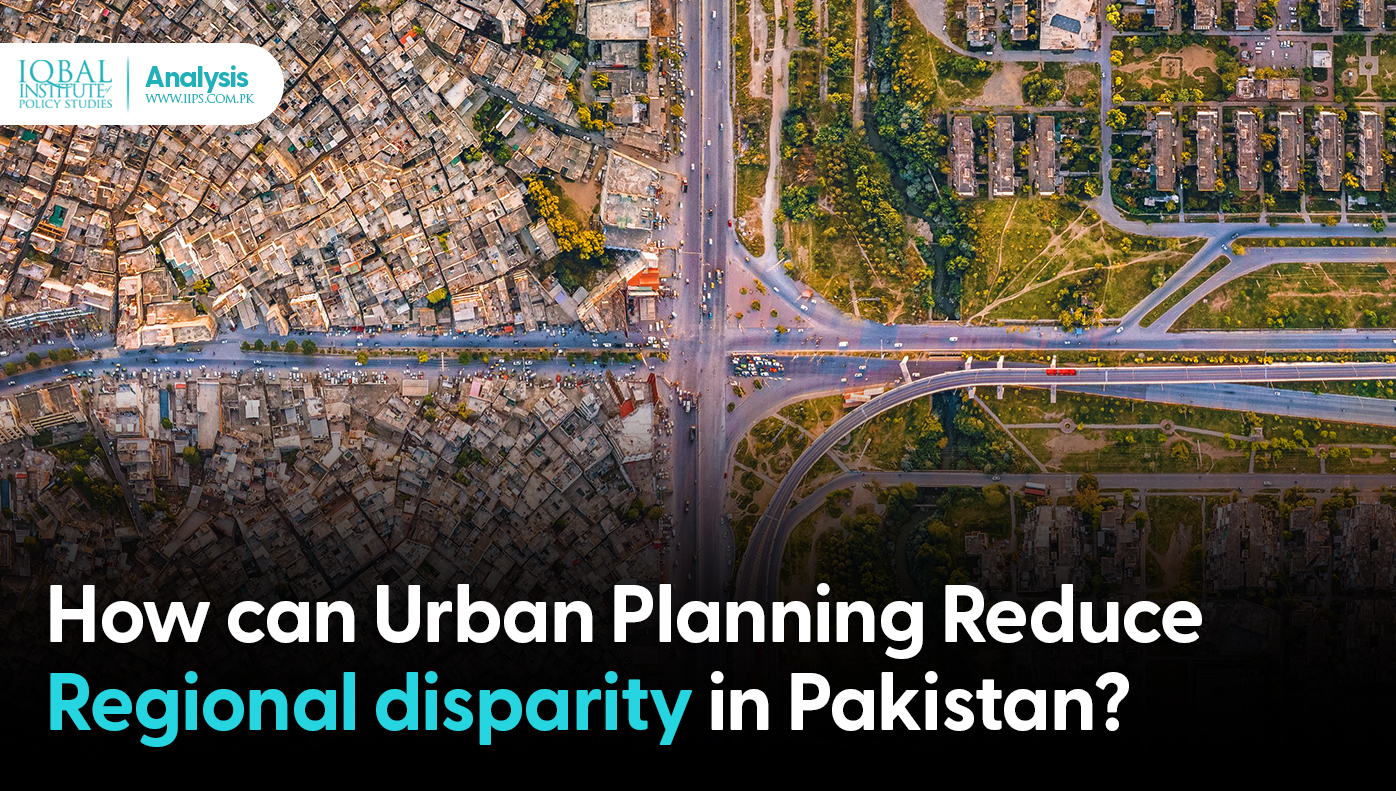Urban planning or town planning is a technical and democratic process where cities and urban areas are designed by the state or territory in conjunction with local councils. Proper urban planning enhances livability, prosperity, and equity in cities and promotes the economic growth and productivity of a country by anticipating the needs of residents.
It provides the best use of land by bringing capital, making good investment decisions, allowing skills and division of labour, promoting entrepreneurship, and generating revenue through industry, trade and tourism. Planning for economic zones and industrial development greatly affects a city’s ability to generate jobs for its residents (Urban Gateway, 2021).
Regional disparity is the unequal distribution of resources concerning an area or population. It signifies the mismatch between the extremely rich and the very poor. It is considered harmful to the economic stability of a country. Most developing countries face the consequences of regional inequality both at the inter-regional and intra-regional levels. Rising wealth, income, and regional disparity among people are growing extremisms and social instability in Pakistan. Reducing economic inequality is one of the major challenges in Pakistan.
Regional disparity in a country is significantly reduced by effective socio-economic and infrastructural development. An efficient regional development policy is needed to reduce imbalance and disparities contemplating rapid urbanisation and globalisation. Proper urban planning can bring sustainability and equity to a country by creating job and business opportunities, securing affordable housing, and developing resilient communities.
Urban planning aims to create balance in a country by ensuring the socio-economic inclusion of all groups. By ensuring equal opportunities and reduced inequalities, a country can proceed towards sustainable development. Successful urban planning reduces the unequal distribution of resources by ensuring access to quality, affordable housing and basic facilities like education and health facilities to all groups of society.



Leave a Reply